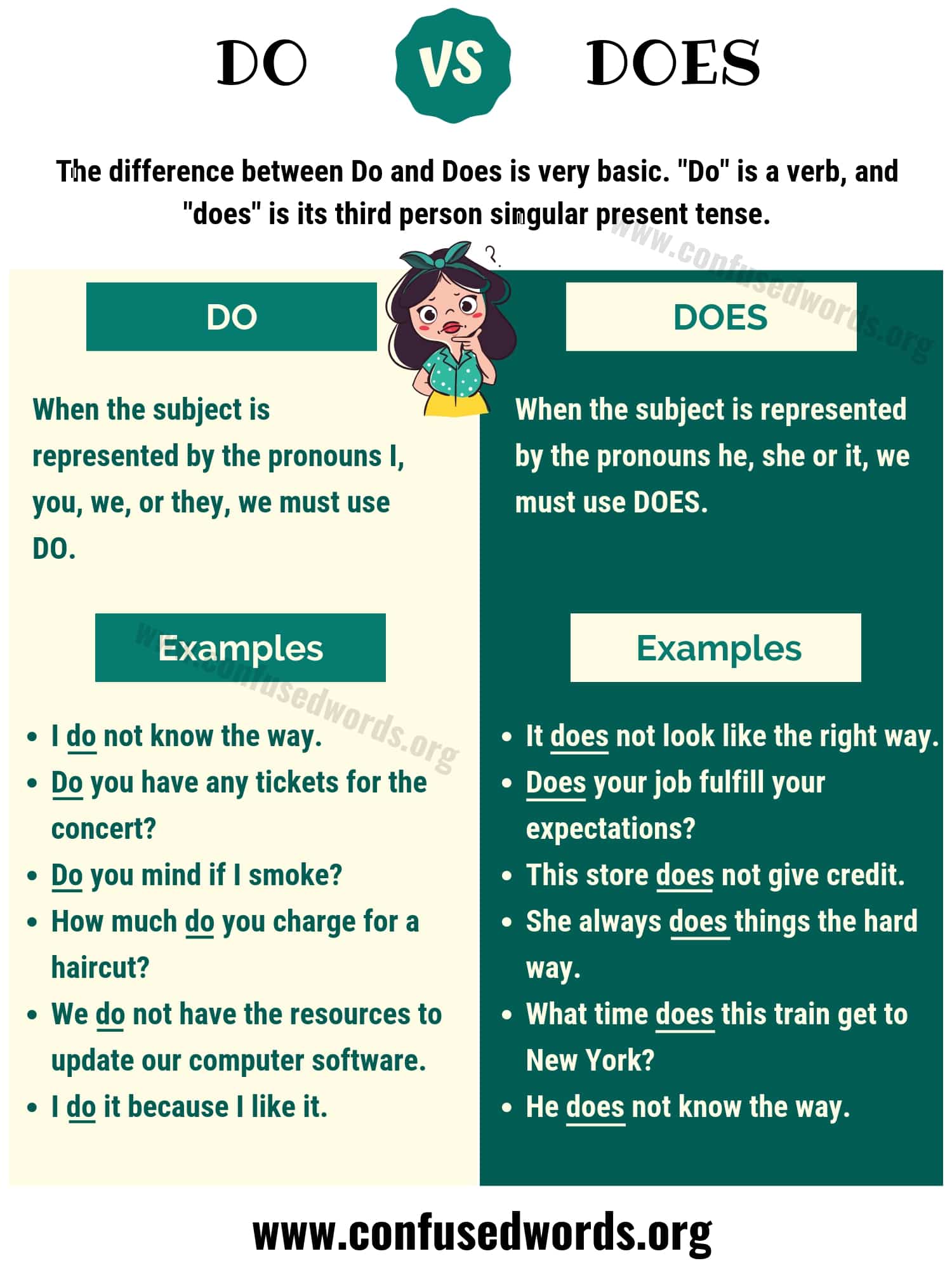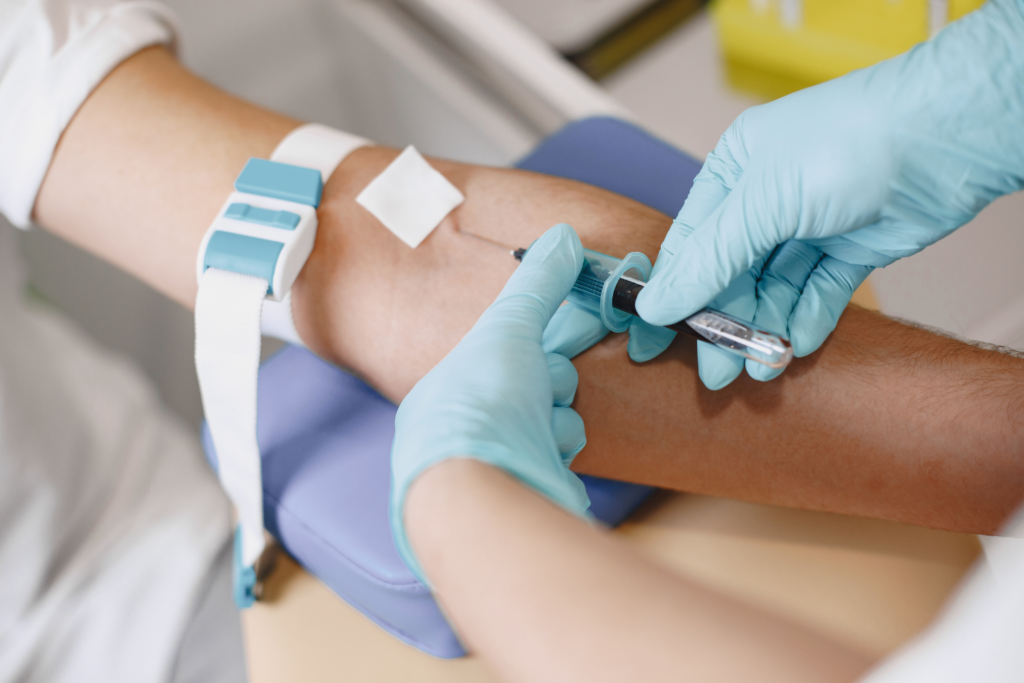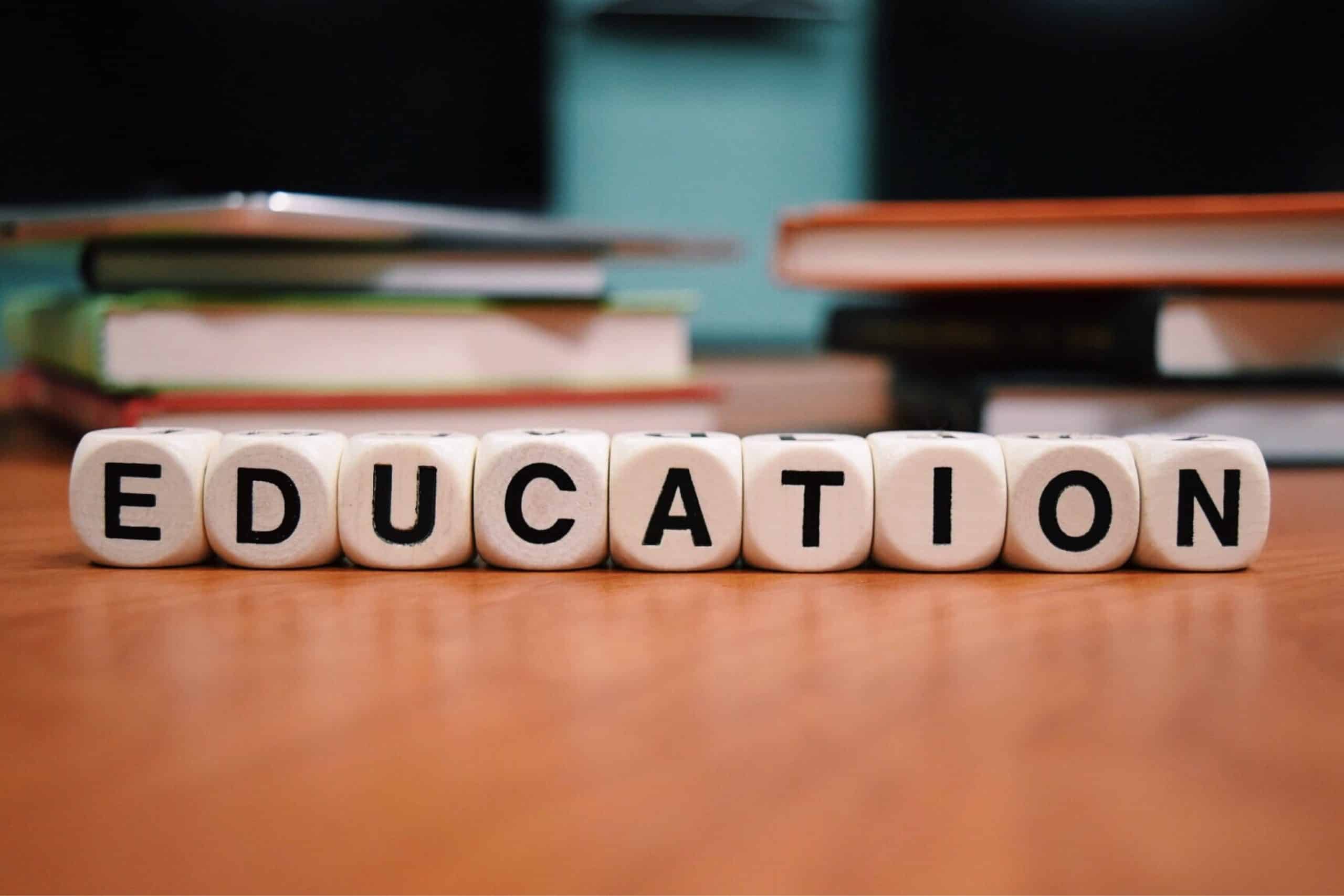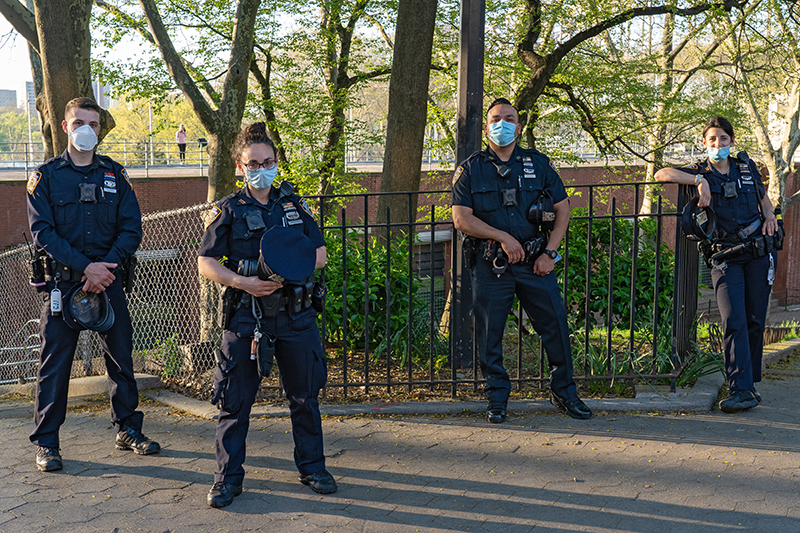How to Request a Wellness Check: Step-by-Step Guidance and What to Expect
Understanding Wellness Checks: When and Why They Matter
A wellness check (also called a welfare check) is an official visit by local law enforcement to check on the safety and well-being of someone when there are concerns about their health, safety, or ability to care for themselves. These checks are an important tool for families, friends, and community members who want to ensure their loved ones or neighbors are safe, especially when they can’t reach them directly or notice unusual behavior. Wellness checks are often used for elderly individuals living alone, people with mental health struggles, or anyone in a potentially vulnerable situation.
Situations Where a Wellness Check May Be Appropriate
There are many reasons you may consider requesting a wellness check for someone you know. Common scenarios include:
- You have been unable to reach a loved one for an unusual period of time, and it is out of character for them to not respond.
- The person has expressed thoughts of self-harm, suicide, or severe distress.
- You observe or hear about behavior that suggests the individual may be a danger to themselves or others.
- Neighbors notice mail piling up, lights left on for days, or other signs that something may be wrong.
- The individual has a medical condition and has missed important appointments or treatments.
In each of these cases, a wellness check can help make sure the individual receives timely help and support. Notably, high-profile cases-such as the wellness check on comedian Pete Davidson after concerning social media posts-have brought attention to the importance of acting quickly in such situations [1] .
How to Request a Wellness Check: Step-by-Step Instructions
If you believe someone may be in danger or needs urgent help, follow these steps to request a wellness check:

Source: runn.io
- Assess the level of urgency. If you believe there is an immediate threat to life or safety, call 911 right away and clearly state your concern. For non-emergencies, use your local police department’s non-emergency number [4] .
-
Provide detailed information to the dispatcher.
Be ready to share:
- The person’s full name and physical description (if known)
- The exact address, apartment or unit number, and any access instructions
- The reason for your concern (recent behaviors, health issues, concerning messages, etc.)
- Your relationship to the person
- Your contact information in case officers need follow-up
- Explain any relevant background or context. Let the dispatcher know if the person has a history of mental health issues, medical conditions, or recent events that may be relevant.
- Ask what will happen next. Dispatchers can explain the general process and whether you will be contacted after the check is completed [1] .
Most cities have a non-emergency police line; you can find it by searching “[your city] police non-emergency number” online. For example, in New York City, you can call 311 for certain types of wellness check requests [3] .
What Happens During a Wellness Check?
Once you request a wellness check, here is what typically occurs:
- Police officers are dispatched to the location. They will attempt to make contact by knocking, ringing the bell, or calling out.
- If there is no response and there is reason to believe the person may be in danger, officers may attempt to gain entry lawfully.
- If the individual is found safe, officers may relay that information to you if you are listed as the reporting party.
- If there is a medical or mental health emergency, officers can call for paramedics or other appropriate services.
- In some cases, if the person does not want to engage, officers will assess whether there is any immediate risk or legal basis for further action.
It’s important to note that while wellness checks can save lives, they sometimes raise privacy and legal concerns, especially if the person being checked on does not want visitors or feels their rights are being infringed. Publicized incidents-both positive and negative-have highlighted the need for sensitivity and clear communication in these situations [1] .

Source: gencamrynblog.blob.core.windows.net
Key Points to Remember When Requesting a Wellness Check
Anyone can request a wellness check -you do not need to be a family member or have legal authority. However, you should have a legitimate concern for the person’s safety. Police may prioritize requests based on the information you provide and the apparent urgency of the situation [2] .
Requests are confidential; the person being checked on will not be told who made the request unless necessary for safety or legal reasons. If you are worried about retaliation or privacy, you can let the dispatcher know your concerns.
Alternatives and Additional Support Resources
While police wellness checks are a vital tool, they are not the only option. Consider these alternatives when appropriate:
- Contact local adult protective services if you believe an elderly or disabled person is being neglected or abused.
- Reach out to community mental health crisis teams for individuals struggling with mental health issues. Many cities have mobile crisis units staffed with clinicians who can provide emergency assessments.
- If you are in a managed care or assisted living situation, contact the facility directly to request a check-in or visit.
- For college students, many campus public safety offices offer wellness check services for students living on or near campus.
In all cases, you can search for these agencies by using phrases like “[your city] adult protective services,” “[your city] mental health crisis team,” or “[your college] public safety office.” Always use official search engines or directories to find contact information.
Possible Challenges and Best Practices
Requesting a wellness check can be emotionally difficult, especially if you are unsure how the person will react. Some individuals may feel embarrassed or upset, while others will appreciate the concern. You may also worry about false alarms or wasting police resources.
To address these concerns:
- Be clear and honest with the dispatcher about your reasons for concern.
- Do not exaggerate or understate the situation.
- Consider reaching out to the person yourself first, if safe and feasible.
- Follow up with local support services or social workers if ongoing care or assistance is needed.
Remember that wellness checks are designed to protect vulnerable individuals. In cases where immediate danger is suspected, it is always better to err on the side of caution [3] .
Frequently Asked Questions
Can you request a wellness check anonymously? In most cases, yes. While you will be asked for your information, you can request to remain anonymous, and officers will generally respect your privacy unless disclosure is required for safety.
Is there a cost to request a wellness check? There is typically no fee for requesting a wellness check from local law enforcement or public safety agencies.
What number should I call? For emergencies, dial 911. For non-emergencies, search for your local police department’s non-emergency number or use city services like 311, if available [3] .
What should I do if I am outside the area or in another state? You can call the non-emergency number for the police department serving the area where the person lives. Online searches or city websites can provide these numbers.
Summary and Key Takeaways
Requesting a wellness check is an important way to look after the safety of loved ones, neighbors, or anyone whose well-being is in doubt. Whether you need to call 911 for an emergency or use a non-emergency number for less urgent situations, being prepared with accurate information and understanding the process will help ensure the best possible outcome. If you are unsure which agency to contact or need additional support, consider reaching out to local social services, mental health organizations, or adult protective services for guidance.
References
MORE FROM 9scholarships.de













